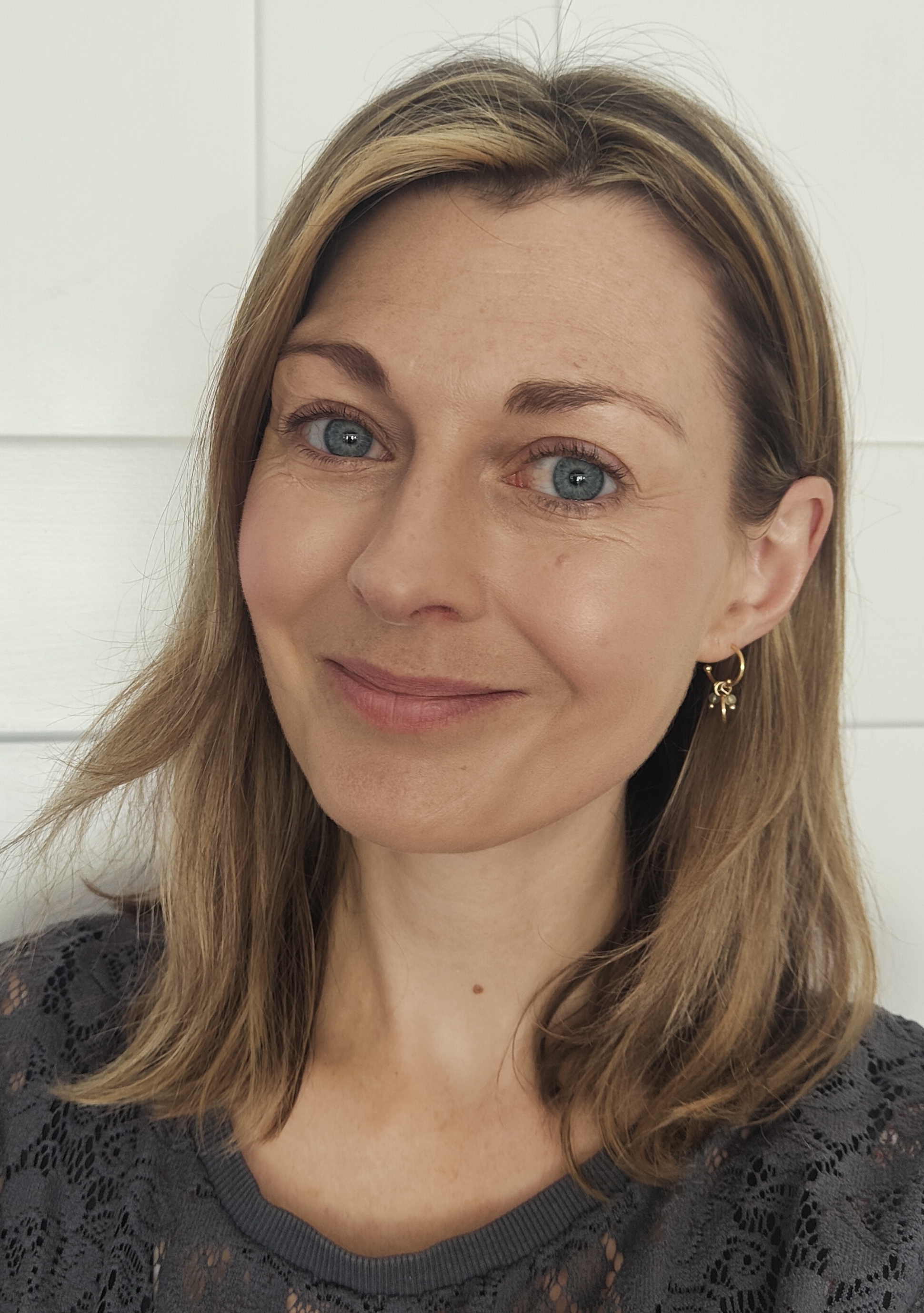Lucy Coonan is a life coach in Bristol and online
What attracted you to become a coach?
I've always been fascinated by the human mind and the capacity to change at different times in life. Before becoming a coach, I practised as a clinical psychologist and during my career I experienced the value of conversations with a coaching approach. I was intrigued by the idea that coaches can act as facilitators of change, and I wanted to learn more about how to provide that powerful context so people can find their own solutions and feel more empowered to make changes.
Retraining as a coach felt like a great fit given my background in psychology, and it was also very important to me to continue working in a role that promotes wellbeing and helps others to achieve positive life changes.
Where did you train?
I trained with Animas Centre for Coaching and completed the diploma in transformative coaching. The coach training was a fantastic experience, and the accredited diploma was broad and in-depth which really appealed.
I have also completed training in Acceptance and Commitment Coaching provided by Contextual Consulting.
What kind of coaching do you offer?
I offer a blended coaching approach and the model s I use depends on the challenges and goals the client brings to coaching.
I often draw on the model of Acceptance and Commitment Coaching ACC which is an approach based on Acceptance and Commitment Therapy. It incorporates mindfulness and acceptance with a focus on helping clients take committed, values-based actions to make meaningful life changes.
ACC approaches can be particularly helpful for clients who may be stuck, overwhelmed, or making limited progress in particular areas of their life.
How does Acceptance and Commitment Coaching ACC help clients who are stuck to make meaningful changes?
ACC helps clients by supporting them to develop their 'psychological flexibility' so they can achieve what matters personally to them. Psychological flexibility is the ability to connect fully with the present moment the opposite of being on autopilot! , become open to difficult thoughts and feelings that might show up and choose actions that are in line with one's values.
Within an ACC approach, a range of evidence-based techniques and tools are used to help a client develop their psychological flexibility so they can take action that is aligned with their values. The use of accessible information about the common traps of our psychology also helps to normalise the struggles and difficulties that we can all experience in the pursuit of a rich and meaningful life. The jargon free information can be very helpful and reassuring for clients, particularly when they consider it in the context of making changes that matter to them.
What sort of coaching clients do you usually see?
I see a range of clients including within the public sector, higher education postgraduates , and the NHS.
Some clients may be on the edge of burnout, overwhelmed and/ or struggling to make meaningful progress in certain areas of their personal or professional life. Typically, clients are busy, motivated individuals who may be stuck and in need of space to reflect, consider options and determine their next steps towards meaningful change.
Do you ever suggest books or other materials to clients?
Yes! Having personally experienced the benefits of coaching, I know that the coaching work does not finish when a coaching session ends. It can be very helpful to put new insights into practice and reflect on different perspectives in between sessions. I suggest articles, books, short videos, relevant Ted talks and experiential exercises to support the coaching work.
The Power of Small by Aisling and Trish Leonard-Curtain
The How of Happiness by Sonja Lyubormirsky
Short videos and resources from the Happiness Trap, Dr Russ Harris
Ted Talks and resources from Dr Susan David Emotional Agility
What do you like about being a coach?
It's a privilege to be part of someone's coaching journey, and I find the work very rewarding. It is wonderful to see a client connect with what is important in their life and then take brave steps forward to make those changes happen.
What is less pleasant?
I find the self-promotion and marketing side of being a coach less pleasant!
What is one life lesson you try to live by?
To live in the present moment as much as possible and act in line with my values rather than get distracted by thoughts and emotions that may show up . It is not always easy, but I try to remind myself of this regularly.
What do you wish people knew about coaching?
That if you are motivated to make a change, then you can benefit from coaching! Coaching gives you precious protected time to home in on a particular area of your personal or professional life, explore new possibilities and bring these to fruition.
Do you have a favourite client testimonial or particular success story?
'Throughout my course of coaching sessions, I learnt a huge amount about myself, coaching itself and how it can help me, and I came away from each session with practical steps to unblock problems in my everyday professional life. Lucy was an excellent coach. She kept me on track and pushed me to identify what it was that I really wanted to achieve and gave me space to unpick the problems myself. She provided me with insights along the way and resources so I could find out more, for instance where there were psychological tools that might help me shift my perspective. Lucy has a kind and reassuring approach but will still provide challenge where required. I wouldn't hesitate to get in touch with Lucy when I next need some coaching.' - Ed, Director, Mid and South Essex ICS.

